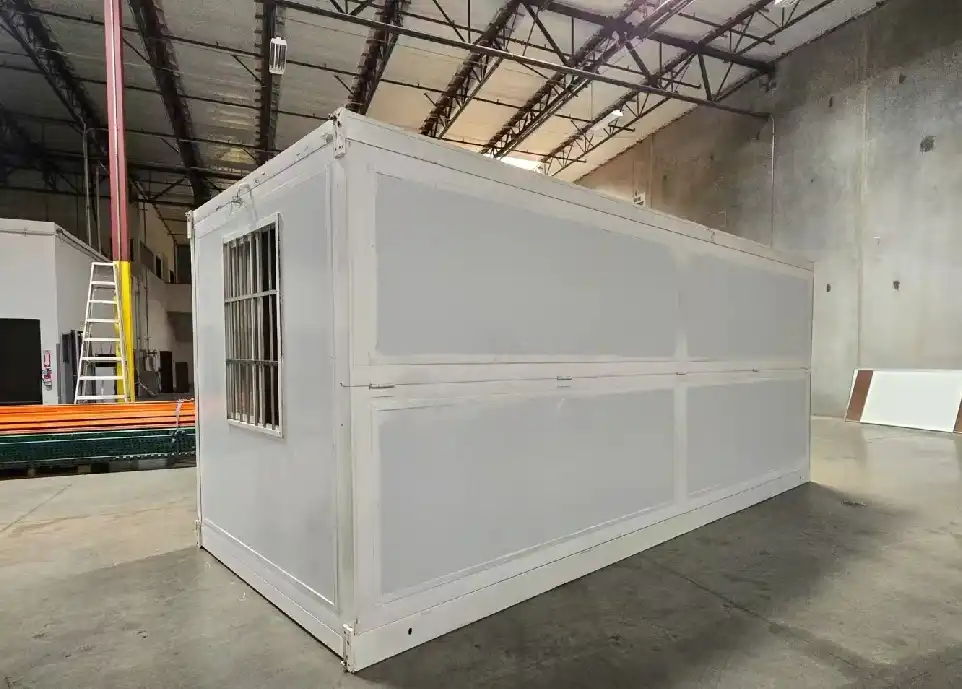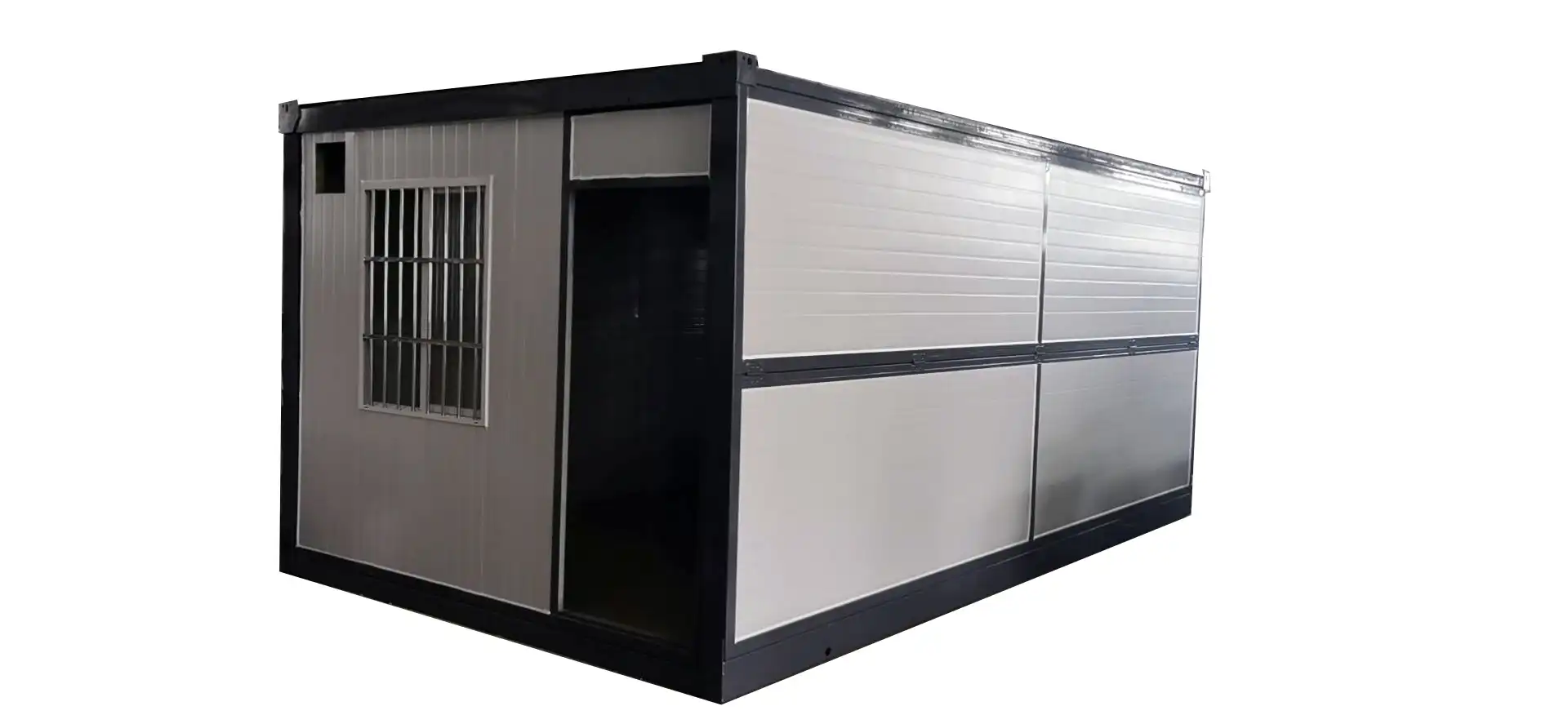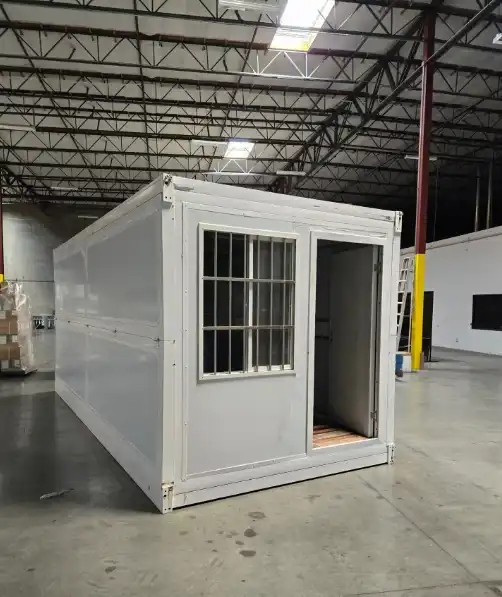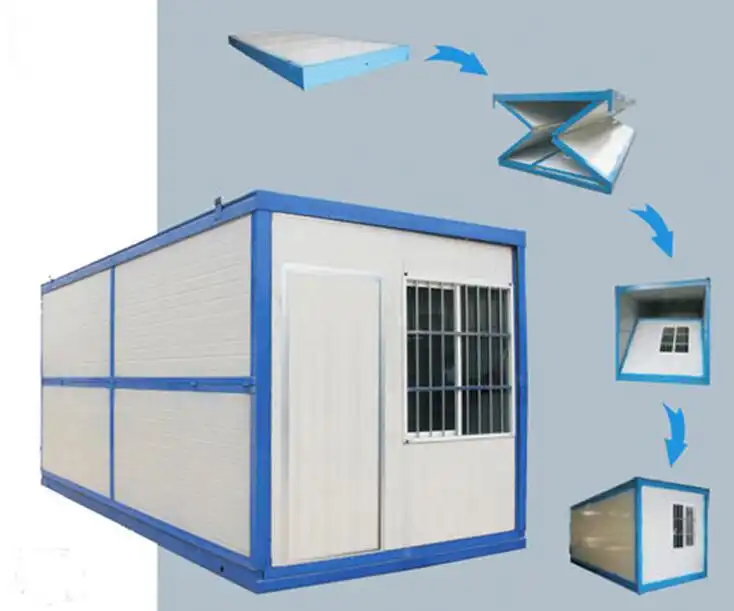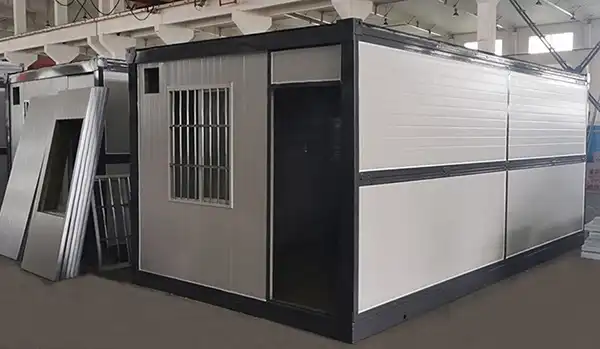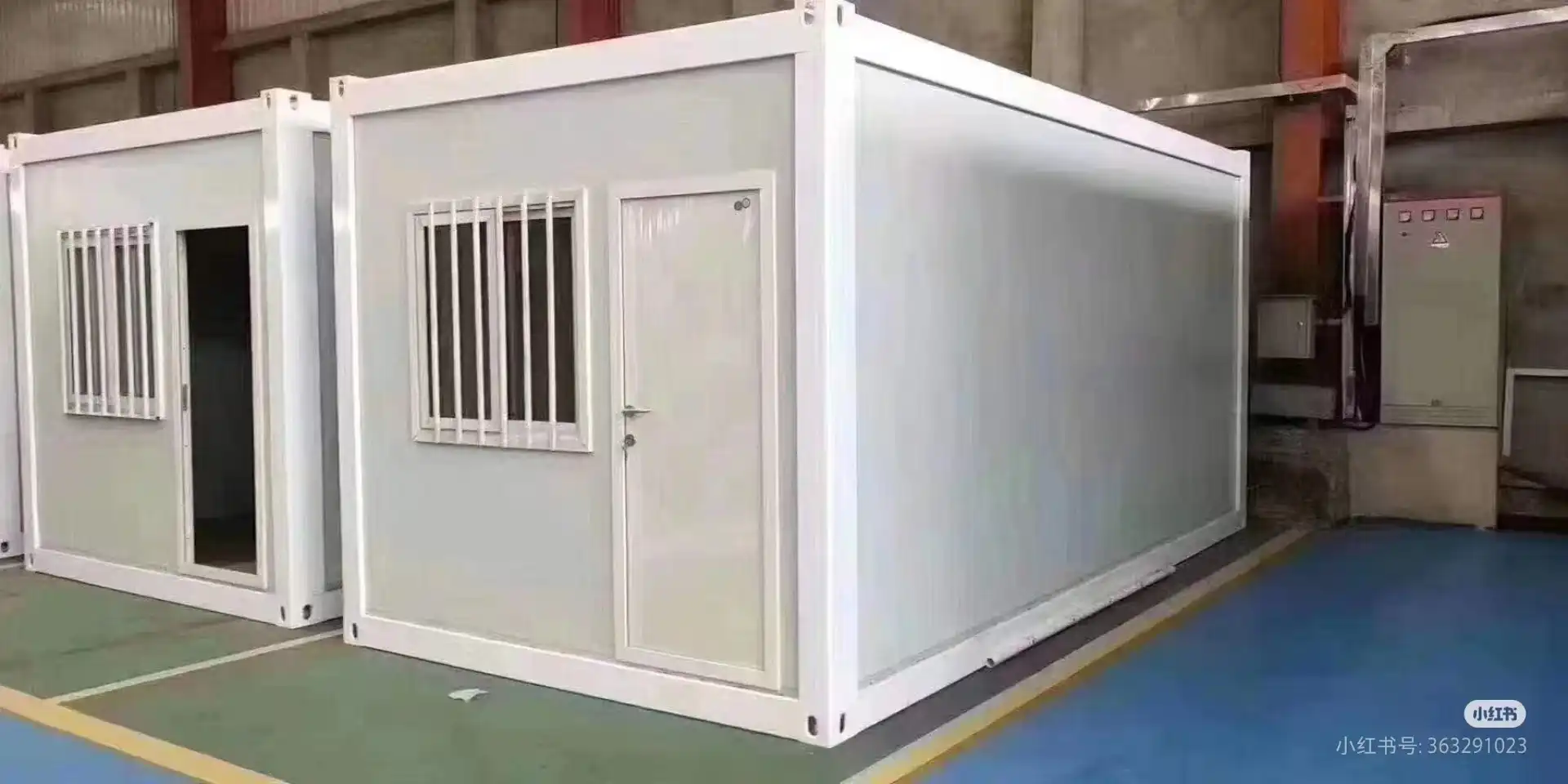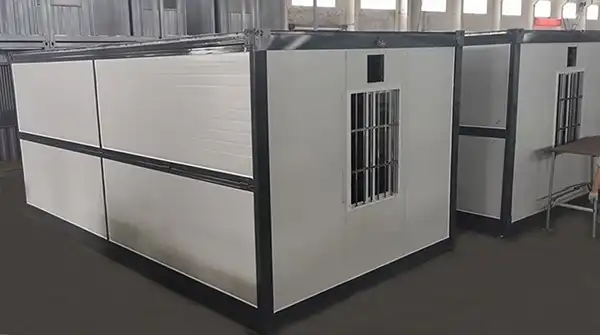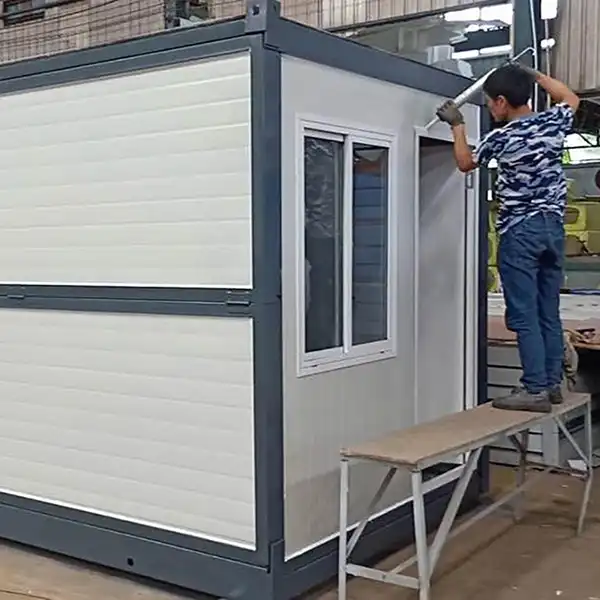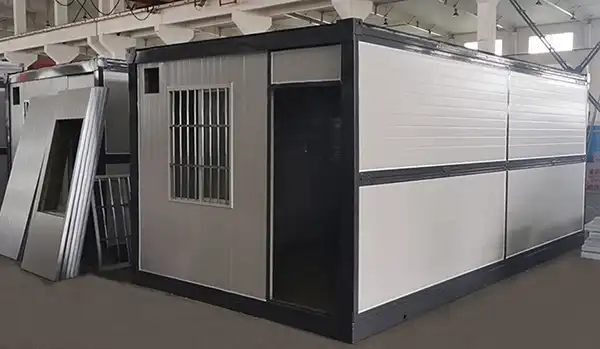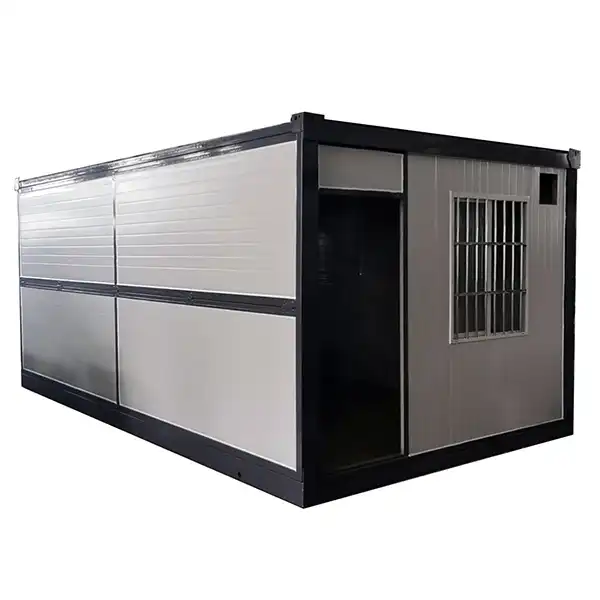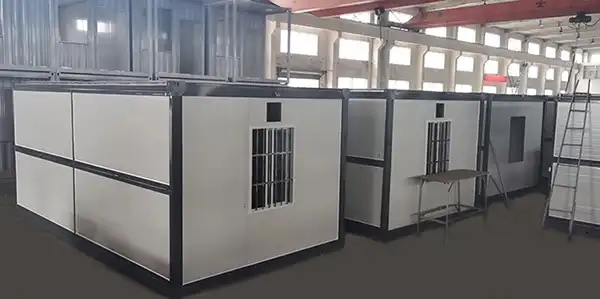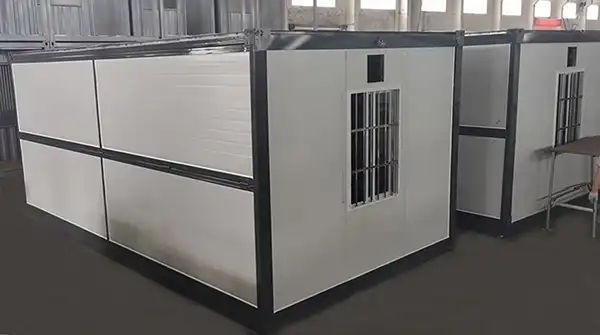- English
- French
- German
- Portuguese
- Spanish
- Russian
- Japanese
- Korean
- Arabic
- Greek
- German
- Turkish
- Italian
- Danish
- Romanian
- Indonesian
- Czech
- Afrikaans
- Swedish
- Polish
- Basque
- Catalan
- Esperanto
- Hindi
- Lao
- Albanian
- Amharic
- Armenian
- Azerbaijani
- Belarusian
- Bengali
- Bosnian
- Bulgarian
- Cebuano
- Chichewa
- Corsican
- Croatian
- Dutch
- Estonian
- Filipino
- Finnish
- Frisian
- Galician
- Georgian
- Gujarati
- Haitian
- Hausa
- Hawaiian
- Hebrew
- Hmong
- Hungarian
- Icelandic
- Igbo
- Javanese
- Kannada
- Kazakh
- Khmer
- Kurdish
- Kyrgyz
- Latin
- Latvian
- Lithuanian
- Luxembou..
- Macedonian
- Malagasy
- Malay
- Malayalam
- Maltese
- Maori
- Marathi
- Mongolian
- Burmese
- Nepali
- Norwegian
- Pashto
- Persian
- Punjabi
- Serbian
- Sesotho
- Sinhala
- Slovak
- Slovenian
- Somali
- Samoan
- Scots Gaelic
- Shona
- Sindhi
- Sundanese
- Swahili
- Tajik
- Tamil
- Telugu
- Thai
- Ukrainian
- Urdu
- Uzbek
- Vietnamese
- Welsh
- Xhosa
- Yiddish
- Yoruba
- Zulu

Folding container
The folding container house can be installed by four workers in just four minutes. With dimensions of 2.5m x 5.8m x 2.6m, it serves as an ideal solution for prefab labor camps, worker accommodation, and temporary offices. One 40-foot high cube container can transport 12 units.
We're professional folding container manufacturers and supplier in China, specialized in providing Customized folding container with competitive price. To buy or wholesale folding container from our factory. For Sample, contact us now.
Folding Container
Sandong Building Materials focus on developing and producing innovative folding containers, providing convenient and economical transportation and storage solutions. Sandong Building Materials’s folding containers are made of high-strength materials and intelligent design, which can be quickly folded when not in use, saving space and reducing transportation costs.
Intrduction
Folding containers are innovative collapsible containers designed to improve transportation and storage efficiency. Made of high-strength steel or composite materials, folding containers have extremely high durability and load capacity. Folding containers can be quickly folded when not in use, saving space and reducing transportation costs, and can be quickly unfolded when needed to provide the carrying capacity of standard containers.

Specification
|
Parameter |
Specification Options |
|
Expanded Size |
1200mm x 1000mm x 1200mm (Standard) |
|
Folded Size |
1200mm x 1000mm x 250mm |
|
Maximum Load |
1000kg - 1500kg |
|
Material |
High-strength steel, composite materials |
|
Weight |
25kg - 40kg |
|
Stacking Height |
3 - 5 layers (depending on load) |
|
Temperature Range |
-20℃ to +60℃ |
|
Folding Time |
1 - 2 minutes |
|
Lifespan |
5 - 10 years |
|
Main Uses |
Logistics, storage, transportation, retail |
What materials are folding containers made of?
• High-strength steel: Steel is one of the most common materials with high strength and load-bearing capacity. Steel folding containers can withstand large loads and are suitable for the transportation and storage of heavy items.
• Aluminum alloy: Aluminum alloy is lightweight and corrosion-resistant, suitable for containers that need to reduce weight or are exposed to humid environments for a long time. It is lighter than steel, but still has good load-bearing capacity.
• Composite materials: Such as glass fiber reinforced plastic (GRP) or polypropylene (PP), these materials are both light and durable, can provide good impact resistance and corrosion resistance, and are suitable for scenes with high environmental requirements.
• Plastic: Plastic materials such as high-density polyethylene (HDPE) or polypropylene (PP) are also widely used in folding containers, especially in the transportation of food, medicine or light cargo, with good durability and moisture resistance.
• Stainless steel: Folding containers used in highly corrosive environments, stainless steel has extremely strong corrosion resistance and is suitable for use in harsh environments, such as chemical transportation, marine logistics, etc.

What are the design features of folding containers?
|
Collapsibility |
Its core feature is the ability to fold to a smaller volume, saving space and transportation costs. When not in use, the container can be quickly folded, greatly reducing the space occupied by storage and transportation. |
|
High load bearing capacity |
Although designed to be collapsible, folding containers are usually made of high-strength materials (such as steel or aluminum alloy), which can carry heavier items and are suitable for a variety of heavy cargo transportation and storage. |
|
Durability |
Folding containers are made of durable materials such as high-strength steel, composite materials or stainless steel, with strong impact resistance, corrosion resistance and wear resistance, and can withstand long-term use and various environmental conditions. |
|
Convenient stacking |
Folding containers are usually designed to support multi-layer stacking, which can effectively utilize vertical space and increase storage capacity, and are suitable for warehousing and logistics transportation. |
|
Quick unfolding and folding |
Most folding containers are simple in design and can be quickly unfolded and folded, reducing operation time and improving work efficiency. The folding process usually does not require additional tools or equipment. |
|
Modular design |
Some folding containers adopt modular design, and the size, shape or function of the container can be adjusted as needed to adapt to different types of goods or usage scenarios. |
|
Multi-purpose adaptability |
In addition to being a transportation and storage tool, the design of folding containers can also be adapted to different industry needs, including retail, warehousing, food transportation, industrial goods, etc., with a high degree of adaptability. |

What are the functions of folding containers?
• Space Saving: The most notable feature is the ability to fold, reducing space usage during storage and transportation. The folded container is smaller and easier to stack for storage or transportation.
• Transportation function: As a tool for logistics and cargo transportation, folding containers can carry different types of goods, are suitable for short-distance and long-distance transportation, and can be loaded by trucks, ships and other transportation vehicles.
• Storage function: In warehousing, folding containers can effectively store goods and support stacking to optimize space utilization. They can be folded when not in use, saving storage space.
• Heavy load carrying capacity: Designed with strong load-bearing capacity, suitable for storing and transporting heavy items. Use high-strength materials (such as steel or aluminum alloy) to ensure its load-bearing capacity.
• Multi-purpose adaptation: In addition to traditional transportation and storage functions, folding containers can also be used in some special industries, such as food transportation (to ensure hygiene), electronic product storage (anti-static) and other fields.
• Quick expansion and folding: Folding containers can be quickly expanded and folded, simplifying the operation process and improving work efficiency. This design makes it particularly effective in scenarios that require rapid deployment and retrieval.
• Protecting goods: Folding containers can protect the internal goods from the external environment, such as dust, moisture, collision, etc., and are especially suitable for transporting fragile goods.
• Environmental protection and recyclability: Many folding containers use environmentally friendly materials and are designed to be recyclable, meeting the requirements of sustainable development and green logistics.

FAQ
Q1: How many items can folding containers carry?
A1: The load-bearing capacity of folding containers is usually between 1000kg and 1500kg, depending on the model and material.
Q2: How small can folding containers be folded?
A2: After folding, its volume can be reduced by about 70%, which is convenient for storage and transportation.
Q3: What types of goods are folding containers suitable for?
A3: Folding containers are suitable for most goods, such as industrial products, parts, electronic products, food, etc.
Q4: l How to unfold and fold folding containers?
A4: Both unfolding and folding are very simple, usually only a few minutes, and no tools are required.
Q5: Are folding containers durable?
A5: Folding containers are made of high-strength materials (such as steel, aluminum alloy, etc.), which are very durable and suitable for long-term use.
Q6: How to clean folding containers?
A6: They can be cleaned with clean water and neutral detergent, and can be reused after drying.

